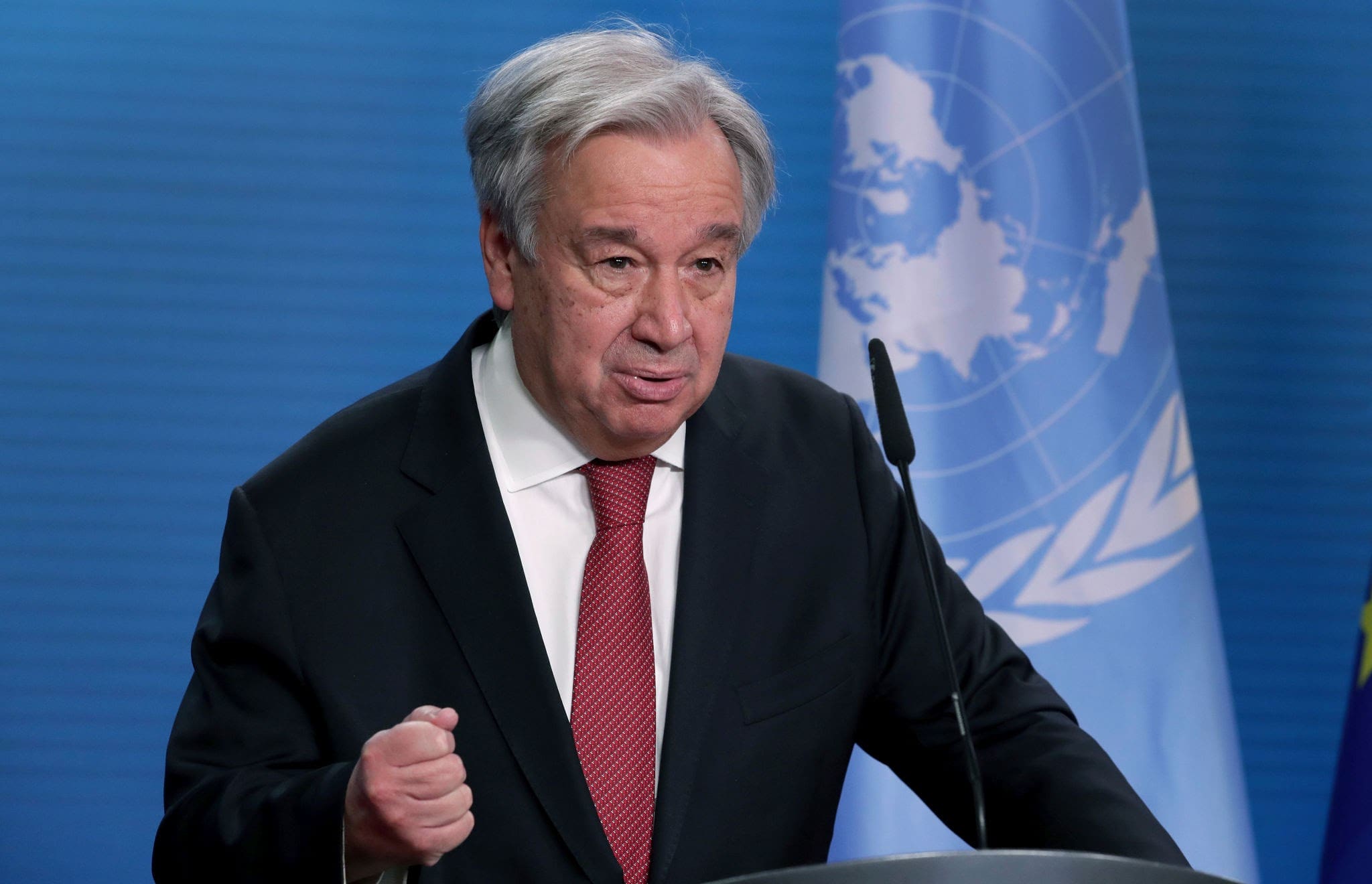In the wake of Syria’s sudden and dramatic collapse, France has called on Israel to withdraw its military forces from the buffer zone in the Golan Heights, criticizing the move as a violation of the 1974 disengagement agreement. The French Foreign Ministry’s statement comes after Israel launched operations to neutralize advanced military and chemical weapons in Syria following the rapid fall of Damascus to rebel forces.
The Fall of the Assad Regime
Syria has undergone an unprecedented transformation in the past month. A coalition of rebel forces led by Hayat Tahrir al-Sham (HTS) launched a lightning offensive, capturing major cities including Aleppo, Homs, and Hama, and culminating in the fall of Damascus on December 9, 2024. President Bashar al-Assad fled to Russia as his government collapsed, leaving the country in disarray.
The rapid advances of rebel forces, the disintegration of the Syrian army, and the absence of any central authority have created a volatile power vacuum. This has raised fears that advanced weapons and chemical stockpiles left behind by the Assad regime could fall into the hands of extremist groups.
Israel’s Operation in Syria
In response to the chaos, Israeli Prime Minister Benjamin Netanyahu ordered military operations in Syria aimed at destroying chemical weapons facilities and other advanced weapon systems. Israel’s actions, it argues, are strictly defensive, intended to prevent weapons of mass destruction from being acquired by terrorist organizations.
“We will not allow any hostile force to establish itself on our border or gain access to weapons that could threaten the region,” Netanyahu declared. Over recent days, Israeli strikes have targeted military installations and chemical weapons stockpiles, seeking to neutralize the threat posed by unsecured Syrian arsenals.
Israel’s presence in the Golan Heights buffer zone, a demilitarized area established after the Yom Kippur War, is part of these efforts to secure its borders and protect regional stability.
France Criticizes Israel’s Actions
France, however, has voiced opposition to Israel’s incursion into the buffer zone. The French Foreign Ministry called for Israel to withdraw its forces, emphasizing the importance of respecting Syria’s sovereignty and the terms of the 1974 disengagement agreement.
“Any military deployment in the separation zone between Israel and Syria is a violation of the disengagement agreement of 1974,” a French ministry spokesperson said. “We urge Israel to withdraw and respect Syria’s territorial integrity.”
France’s position has been echoed by other nations, including Russia and Saudi Arabia, who also condemned Israel’s actions. The United Nations has warned that Israel’s military presence in the buffer zone breaches international agreements and risks further destabilizing the region.
International Responses
While France and others have criticized Israel’s actions, the United States has offered conditional support. A U.S. State Department spokesperson acknowledged the potential threat posed by unsecured weapons in Syria but called for Israel’s actions to remain temporary and proportional.
Germany and Spain have also urged restraint, emphasizing the importance of avoiding further escalation in an already volatile region. German Foreign Minister Annalena Baerbock noted that Syria’s political future remains uncertain, and all neighboring countries must act cautiously to support a peaceful transition.
Context: The Golan Heights
The Golan Heights, a strategic plateau captured by Israel during the 1967 Six-Day War, has long been a point of contention. In 1981, Israel annexed the territory, though this move has not been internationally recognized, except by the United States under President Donald Trump in 2019.
The buffer zone between Israeli-controlled Golan Heights and Syria was established under the 1974 disengagement agreement to maintain peace after the Yom Kippur War. Israel’s recent actions mark a significant breach of this agreement, as acknowledged by the UN.
Balancing Security and Sovereignty
Israel’s actions highlight the tension between maintaining security and respecting international agreements. With Syria in disarray and its advanced weapons unguarded, Israel has prioritized neutralizing potential threats to safeguard its citizens and regional stability.
While France and other nations stress the importance of sovereignty and international law, Israel maintains that its measures are necessary and temporary, focused solely on defending its borders and preventing weapons from falling into the wrong hands.
France’s call for Israel to withdraw from the Golan Heights buffer zone underscores the international community’s concern over respecting Syria’s territorial integrity. However, Israel’s actions reflect a pressing need to address the chaos in Syria and prevent dangerous weapons from being acquired by terrorist groups. Balancing these priorities will be critical to ensuring both security and stability in the region.






